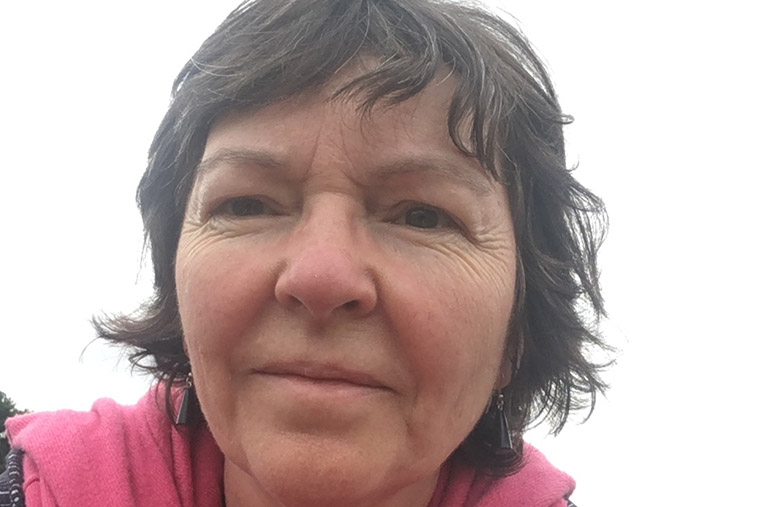Keynote I Alison Clark
Thinking Slow: Taking the longer view about young children, early childhood education and the planet
What is seen as of value in early childhood education in uncertain times for humans and the planet? I will consider how we approach the relationship with time in ECEC. Where might increasing acceleration and sense of busyness lead?
I will explore alternatives to the drive towards fast paced, target-driven education. What might Thinking Slow look like in terms of pedagogies and practices and who and what might benefit? Drawing on a recent study, ‘Slow Knowledge and the unhurried child’ I will discuss slow practices in everyday routines, through the arts and in the relationship with the environment. This can involve both the ability to be focused on the present moment with young children whilst at the same time holding a longer term view of what is important. It can also support educators to tune into the pace and rhythm of children and materials. Thinking about time is full of paradoxes. Sometimes slowing down can reveal what is urgent.

Alison Clark
Alison Clark is Professor of Early Childhood Education at the University of South-Eastern Norway (USN) and Honorary Senior Research Fellow at Thomas Coram Research Unit, UCL Institute of Education, London. Together with Professor Peter Moss, she developed the Mosaic approach (Clark and Moss, 2001; Clark, 2017), a methodology for listening to and engaging with young children’s views and experiences and now widely developed and adapted by researchers and educators. Recent research includes the ‘Slow knowledge and the unhurried child’ study funded by the Froebel Trust and published by Routledge (Clark, 2023). Alison is currently engaged in research around ‘slow practices’ in early childhood education and care (ECEC) in Scotland, Norway and Japan. She combines her academic work with her practice as a visual artist and lives in Orkney, Scotland.
Back to the conference programme
